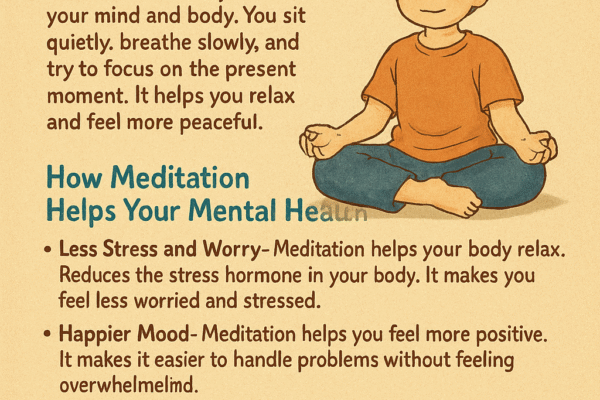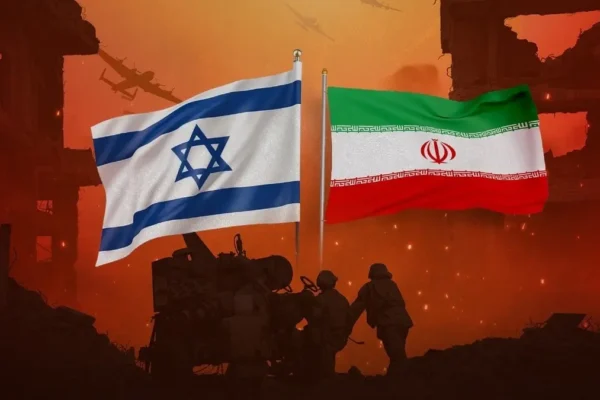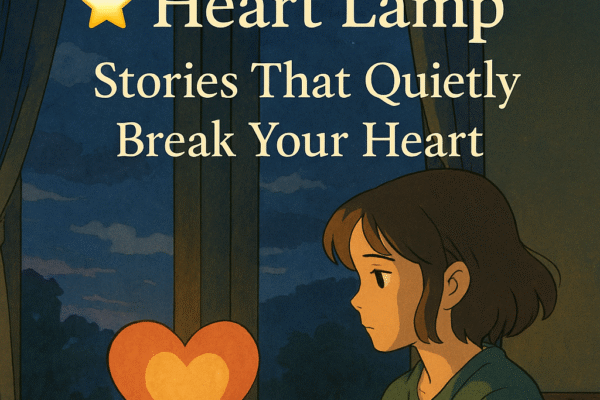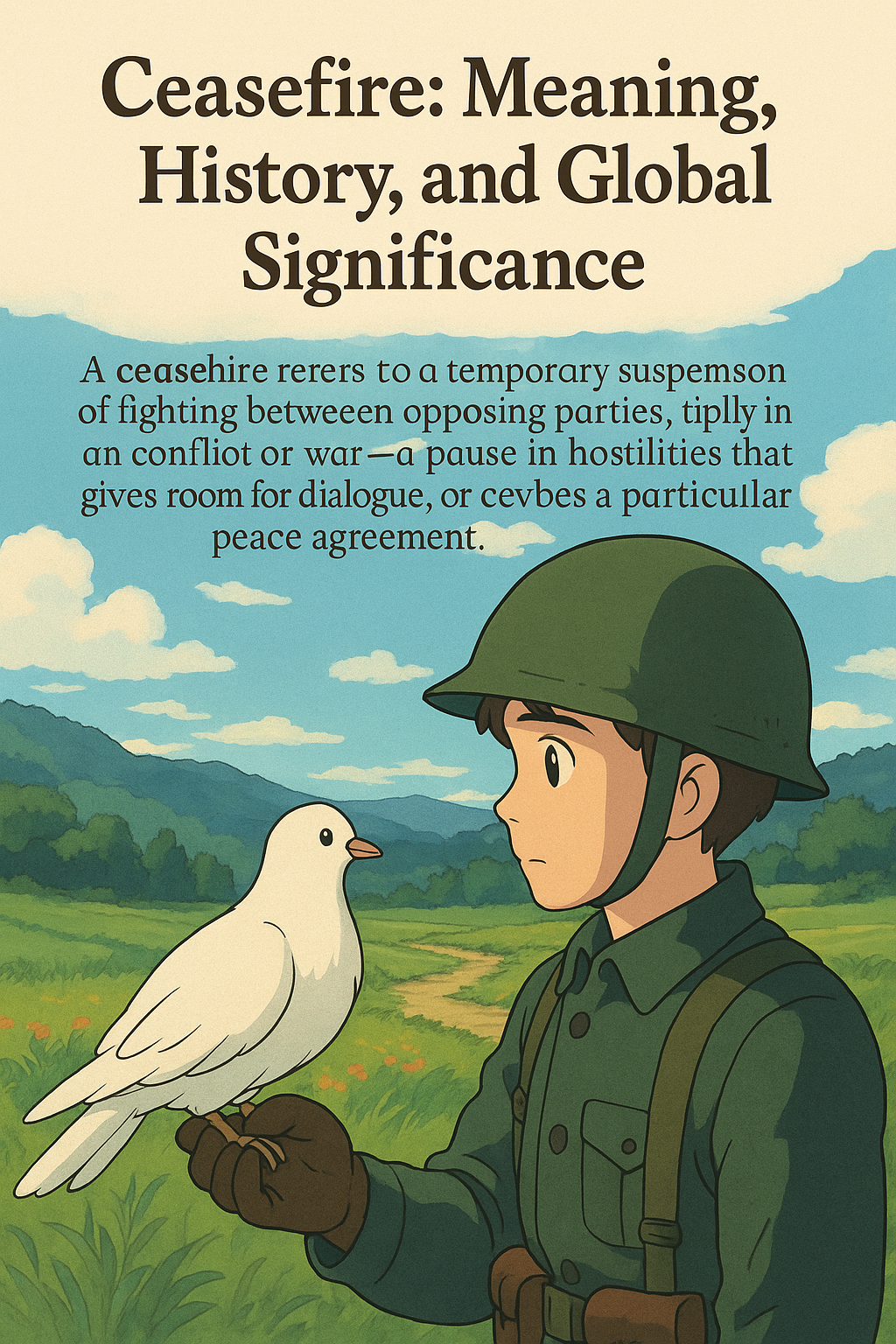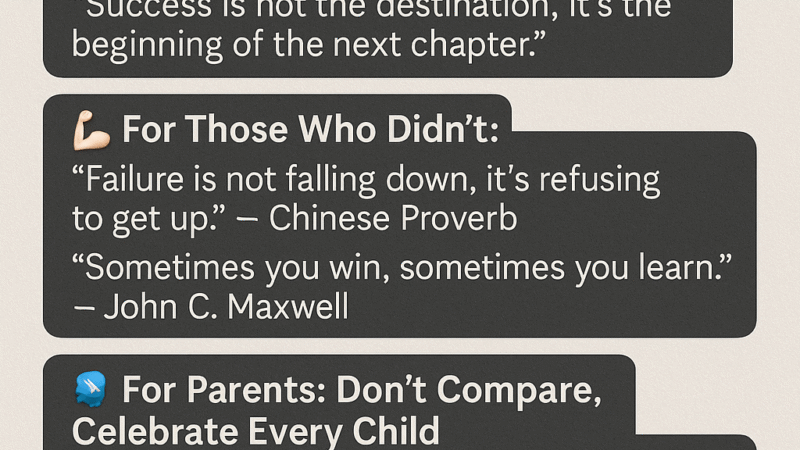On the afternoon of May 2, 2025, a tragedy unfolded on the calm waters of Dal Lake in Srinagar — a lake known for its beauty, houseboats, and quiet reflection. But yesterday, that serenity was broken not by tourists or traffic, but by the sound of wind — sudden, sharp, and strong enough to flip a small fishing boat.
Two young men, both locals, were fishing near Duck Park. The wind came out of nowhere, rough and fast, pushing their modest wooden boat off balance. Within seconds, it capsized, tossing both of them into the cold waters of the lake. One of them, Abdul Majeed Khosa, managed to cling to a nearby shikara and was rescued. The other — 24-year-old Taufeeq Ahmad Chopan from Rainawari — disappeared beneath the surface.
What happened next is a story not only of a lost life, but of a moment of truth for all of us who were there — and all of us who have ever been bystanders.
He Was Drowning. People Were Filming.
As Taufeeq struggled in the water, gasping for air, calling out, trying to stay afloat, many people witnessed the moment. People who were close enough to help — or at least scream for help. People who could have picked up a rope, thrown a float, or even just run for someone who could swim.
Instead, most of them pulled out their mobile phones.
They started recording.
Phones were lifted above heads. People stood on the banks, some on boats, some on the shore, capturing every second. Some even zoomed in. Some added commentary. And some — believe it or not — even shared the video live on social media.
All while a young man was dying.
A Few Brave Hearts Did Try
To be fair — and to be thankful — not everyone stood still.
There were a few — just a handful — who jumped into action. Some tried to paddle toward the spot, others called the police, and a couple of local fishermen rushed toward the overturned boat to see if they could pull Taufeeq out.
They didn’t stop to ask who he was. They didn’t care about views or likes. They only saw a human being who needed help.
Unfortunately, by the time help arrived, Taufeeq had vanished beneath the surface. His body was recovered the next morning by the State Disaster Response Force (SDRF), after hours of search.
We Are Failing Ourselves
We often talk about how society is changing. But yesterday, on Dal Lake, that change stared us in the face.
We’re not just carrying smartphones — we’re letting them replace our sense of humanity.
What has made us this way? Why is the first instinct to record instead of respond? When did we become spectators in the face of suffering?
There was a time when even strangers would jump into a river to save someone. Now, people hesitate — worried more about their phones getting wet than someone losing their life.
We are growing up with the idea that everything must be captured — as if nothing is real unless it’s posted online. But life isn’t a movie. It doesn’t pause. It doesn’t rewind. And it doesn’t forgive our silence.
We Need to Change Before It’s Too Late
The story of Taufeeq is not just about one man drowning. It’s about all of us.
It’s about a city where people once risked their lives for neighbors now watching in silence.
It’s about a culture that is slowly losing its compassion to the addiction of attention.
And most of all, it’s a wake-up call: that if we don’t change — if we don’t teach ourselves and our children to help first and record later — we’ll keep losing lives that could have been saved.
Ask Yourself This
If you were the one in the water, struggling to breathe…
Would you want someone to film your last moments?
Or would you want someone to try and save you?
In Memory of Taufeeq Ahmad Chopan
Taufeeq was just 24. A son. A friend. A young man with dreams and a future.
He did not deserve to die in front of so many people.
Let us honor his memory not just with flowers or prayers — but with change.
Let us promise that the next time we see someone in need, we’ll be the one who acts, not the one who watches.
That we’ll be the hand that pulls someone up, not the camera that zooms in.
Final Words
Dal Lake is quiet again today. The waters have calmed. But there is an emptiness in the air. A reminder that a life was lost — and that many lives stood still when they should have moved.
Let’s not forget what happened.
Let’s not be silent when it happens again.
Let us not just see — let us feel.
Let us not just record — let us respond.
Because the most powerful thing you can hold in your hand is not a phone.
It’s someone else’s life.



